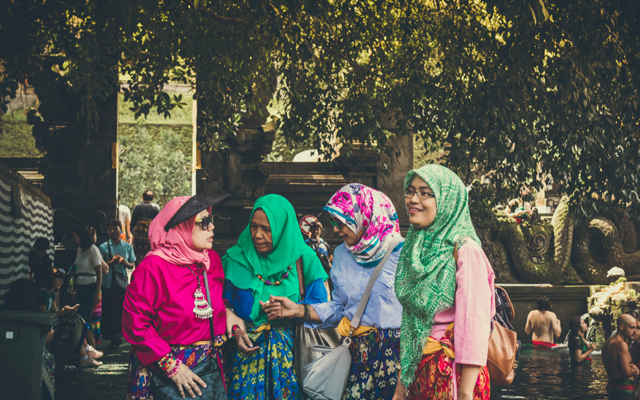Indonesia’s Team for Accelerated Development of Halal Tourism – a taskforce under the ministry of tourism – will launch the Indonesia Muslim Travel Index (IMTI) this year to boost international Muslim tourist arrivals to the country.
Speaking to TTG Asia at Arabian Travel Market 2018, Riyanto Sofyan, chairman of the Accelerated Development of Halal Tourism, said: “This travel index will help us to have a uniform standard in place for the growth of halal tourism. We are aiming to increase adoption of halal certification among more establishments in the country. This initiative will enhance the appeal of Indonesia among the global Muslim travellers.”

In line with the benchmarks of the Mastercard-CrescentRating Global Muslim Travel Index (GMTI), the four main aspects IMTI will consider for assessing Indonesia’s halal tourism development include access, communication, environment and services. GMTI has measured the level of Muslim-friendly travel in 130 countries since 2011.
While the access part will look into more flights from origin countries to reach Indonesia and ease of visa, communication efforts will emphasise on the digital marketing. The environment and services will focus on providing attractions and services that can appeal to this segment of travellers.
Riyanto added: “Presently, Asia is the main source market for Muslim tourist arrivals. Though the Middle East market is not that big, it is a higher value market as compared to Asia.”
He also shared that the task force is also working to ease the process for any industry player that wants to be halal certified.
Last year, 2.7 million international Muslim travellers visited Indonesia, including 300,000 visitors from the Middle East. Indonesia is targeting five million international Muslim travellers by 2019.
For some Indonesian agents though, highlighting the halal readiness of the destination is not a key concern.
“The Middle East market is already aware that Indonesia has standards in place needed for halal tourism, so the focus should be on promoting tourism products and experiences that we can offer to international Muslim tourists,” said Jongki Adiyasa, executive director of Jakarta-based Nusa Ina Leisure.




















